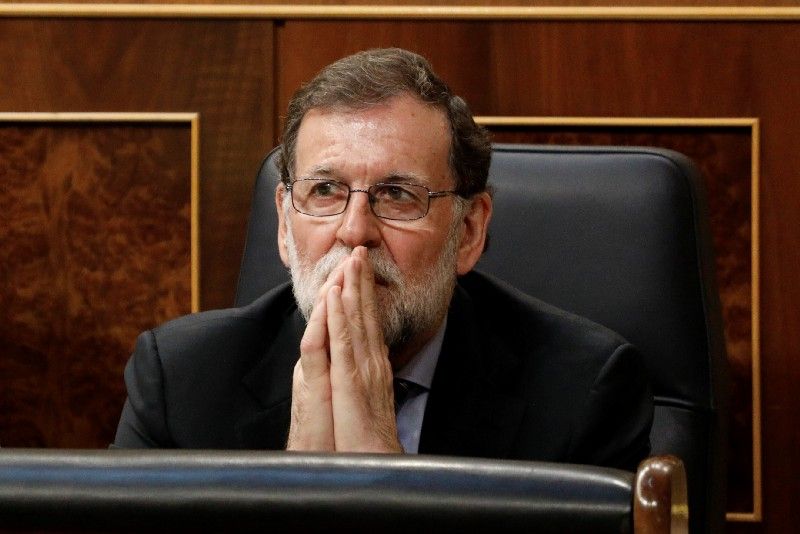Spain will soon have a new government. Prime Minister Mariano Rajoy has lost a vote of no-confidence in parliament. Given the political upheaval in nearby Italy, it’s natural to wonder whether the news from Spain means more bad news for Europe.
But Spain’s situation is not as alarming as Italy’s. There are several reasons why:
- The no-confidence vote will pass power from traditional center-right (the People’s Party) to traditional center-left (the Socialist Party). Spain has its populists (Podemos) and separatists, but they won’t have the sort of power that the Five Star Movement and Lega are set to wield in Italy.
- Early Spanish elections this year are unlikely.
- While the country’s unemployment remains stubbornly high, Spain’s economy is one of the strongest in the EU and it’s growing much faster than Italy’s.
- The impact of this vote on Catalan separatism is negligible. Even a center-left alliance that includes some Catalan independence advocates won’t persuade Madrid to accept a legally binding independence referendum in Catalonia. And for Catalan independence, that’s all that really matters.
Spain isn’t Italy, but it’s politics will become more turbulent. When he replaces Rajoy, the Socialist Party’s Pedro Sánchez won’t govern from a position of strength. He will inherit a fractured parliament rife with political infighting, and he’ll lead a minority government.
